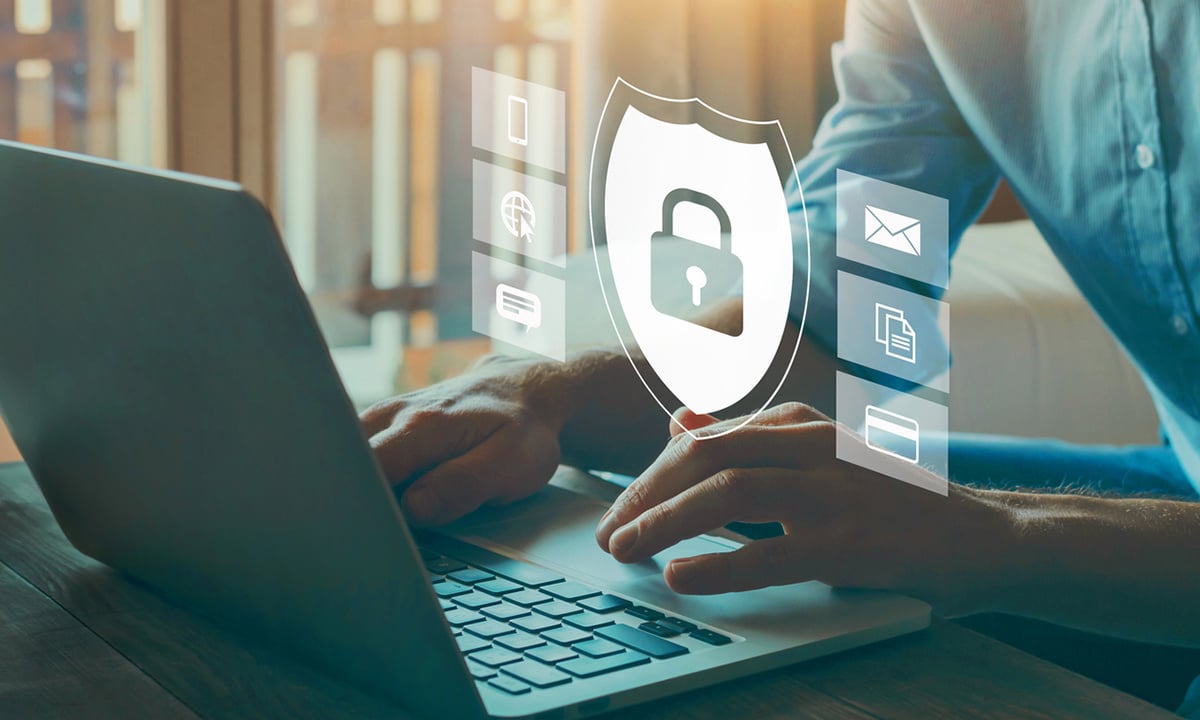Being connected to the internet has become part of our daily lives. With smartphones and smart home appliances, we are always ‘online’ in some shape, form, or fashion.
Practicing safe browsing habits and keeping your network secure is essential in today’s world. There are always risks out there like viruses, ransomware, and spyware.
Thankfully, you don’t have to be an IT guru to keep yourself secure online. By following some practical safety tips, you can navigate the web without putting yourself at risk.
Here are three best tips to help you browse the internet more securely.
Stay Safe Online with These 3 Top Tips
1. Site safety 101.As you’re out there browsing, site safety is of utter importance. Every website you visit should start with https. The ‘s’ at the end indicates that the site is secure. Very few sites these days are unsecure, as the internet is demanding that everyone move toward this safety feature. To have a secure site, you must purchase a valid security certificate to authenticate that you are who you claim you are.
When you’re on a secure site, there will be a small lock located next to the link in the address bar, indicating that the site is secure. You can click on that lock to view the site’s certification and see who the certification is issued to.
It’s important to check for this security feature anywhere you are browsing and especially if you are entering personal information or making a purchase.
2. Choosing your flexible friend.If you’re purchasing on the internet, you should always use your credit card instead of your debit card.
When using your credit card, there is a firewall between your bank account and the vendor. Federal law also provides protections that are unique to credit cards. When you purchase something on your credit card, the bank issuing the credit card makes the payment to the vendor. You are obligated to pay the bank only after you agree that the charge is legitimate and the item or service you bought was delivered as agreed.
While federal law and bank policies include a level of protection for fraudulent or unauthorized transactions due to debit card theft, you are still left without your money for some time before a questionable transaction is sorted out.
You can also use PayPal or other shopping tool alternatives, like Apple Pay or Visa Wallet, to make secure payments online. These platforms can add an extra layer of protection if used correctly.
3. Ways to secure your browser.There are things you can do within your browser to make sure it is secure.
First and foremost, make sure you are running the current version. No matter what browser you are using, whether it be Chrome or Safari or Internet Explorer, make sure you are using the latest version. Browsers are continually making updates as they patch their vulnerability, so it’s essential to be running the newest version.
You should also check your security settings in your browser. Here you can control things like cookies, which are little pieces of information that are not only stored on your computer but also on a website’s server to remember you. They can include your surfing habits, your approximate location, shopping habits, and more. You can limit the detail that these sites get from you based on your preference.
Lastly, we want to touch on toolbars. There are many toolbars out there that contain bits and pieces of malware. Before you download and install any toolbar, make sure you know what it does and that it’s from a trusted provider.
We Are All in This Together
When it comes to staying safe online, it’s essential always to use your best judgment and practice secure browsing, like with the tips mentioned here. In the end, it can keep both your personal and business data safe.
If you want to learn more about cybersecurity and how you can educate your team members on this critical topic, we have you covered. We have several data security tips available on our website that you might find helpful.
As always, we are here to make the complex simple.
Please let us know if we can help you and your company overcome your data security challenges.
.png?width=191&name=mgalogofinal-01%20(3).png)






.png)